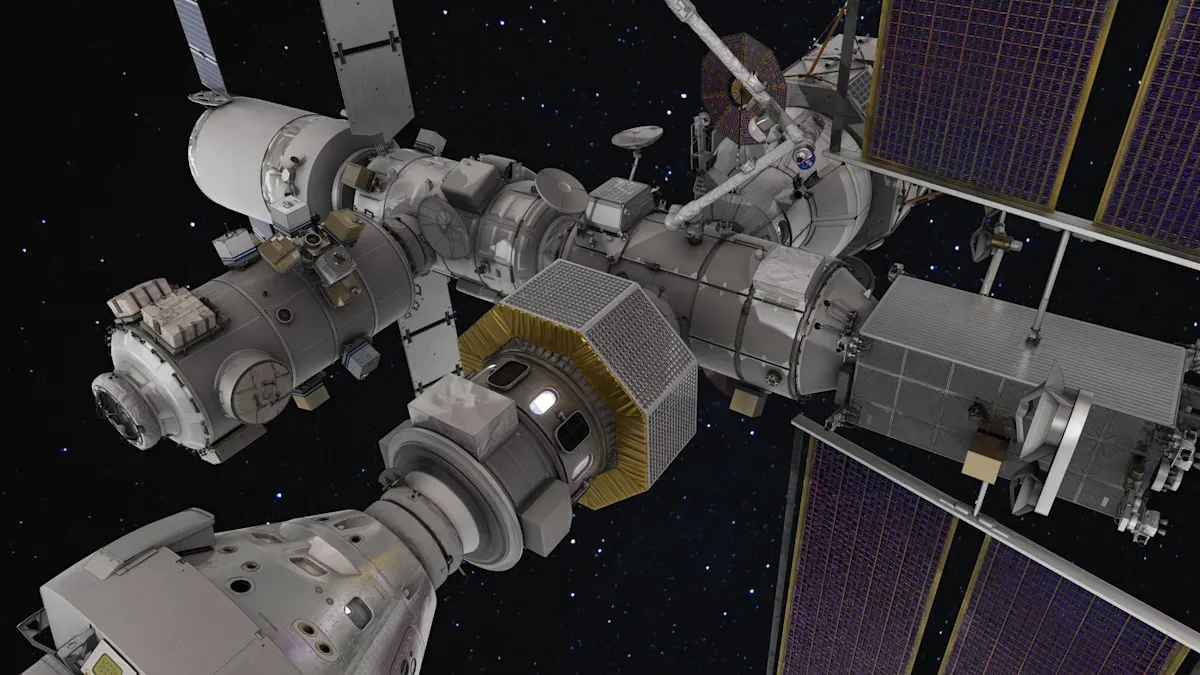
The Trump administration's preliminary 2026 budget suggests the most significant single-year reduction in NASA funding in the agency's 67-year history. This drastic cut forms part of the White House's broader government skinny budget, which appears to align closely with the ambitions outlined in Elon Musk's DOGE wishlist.
Under the proposed budget, NASA's funding would be slashed by over $6 billion, reducing the budget from $24.8 billion in 2025 to a mere $18.8 billion. This represents a substantial 24 percent decrease in funding, marking the largest single-year drop in NASA's budget to date, according to The Planetary Society. Space.com highlights that the most severe cuts would impact vital areas such as space science, which would face a $2.3 billion reduction, Earth science with a $1.2 billion cut, and legacy human exploration programs suffering a $900 million decrease.
Among the most alarming proposals is the termination of the Gateway space station project, a planned lunar orbit station aimed at serving as a hub for future missions to the Moon and, eventually, Mars. Additionally, a collaborative program with the European Space Agency to return Mars soil samples to Earth is also on the chopping block. The budget proposal further aims to eliminate funding for NASA's sustainable aviation initiatives, raising concerns about environmental sustainability.
The Trump administration's budget would also see the phase-out of Boeing's Space Launch System (SLS) and Lockheed Martin's Orion capsule after just three flights. These projects have incurred costs of $26.4 billion and $21.5 billion, respectively. Instead, the administration advocates for more cost-effective commercial systems as replacements, a move that appears to benefit the president's billionaire supporters, including Elon Musk and Jeff Bezos.
Interestingly, the only area projected to receive an increase is human space exploration, which is set to see an additional $650 million in funding. Bloomberg reports that the budget calls for over $7 billion allocated for lunar exploration and a new $1 billion investment dedicated to Mars exploration.
As the budget proposal unfolds, it is evident that the Trump administration's approach to NASA could reshape the future of space exploration in the United States, emphasizing commercial partnerships while drastically cutting back on traditional NASA programs.